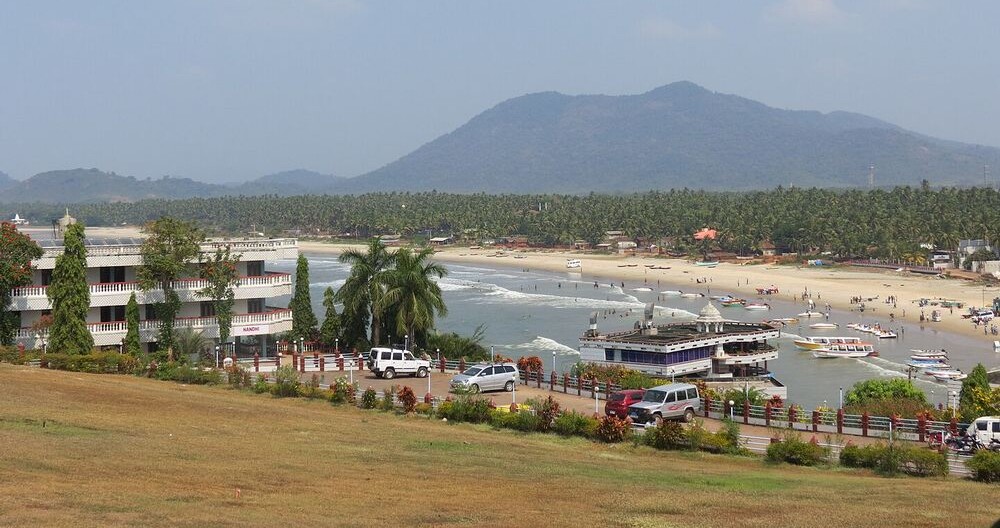100,000 New Jobs Will Clean Up The Coastline And Protect Species From Plastic, Overdevelopment

Among all the world’s coastlines, those stretching across central and southern India are among the most vulnerable to erosion.
In the states of Tamil Nadu and Karnataka, a program funded by the World Bank aims to create 100,000 jobs that will help protect these sensitive and biodiverse areas for the posterity of fishermen, urbanites, and animals alike.
It’s estimated that 250 million people depend on coastal areas for their homes and livelihoods in sectors like fisheries, transport, and tourism. The 6,200-miles of lower Indian coastline also provide habitats for 18,000 known species of flora and fauna, from environmentally protective mangroves to charismatic animals like the dugong.
However, marine ecosystems are at risk by the combined effect of coastal erosion, pollution, intensive fishing, degradation of mangrove forests, and urban expansion.
The World Bank’s $212 million Strengthening Coastal Resilience and the Economy (SHORE) Project in India will provide the necessary resources to help states implement their coastal zone management plans in a way that matches demand for economic expansion with the needs of smaller communities and wildlife.
“This Project will help states tap into private sector sources to mitigate the impacts of plastic pollution and to foster eco-tourism in selected areas,” said Paul Procee, the World Bank’s Acting Country Director for India. “For example, private sector intervention can help to strengthen plastic waste value chains and establish environment-friendly beaches while also creating economic opportunities for coastal communities.”
The employment goal of the project is to create training for 70,000 jobs in sectors like tourism, waste management, fishing, and more.
A BETTER INDIA:
- Joy and Relief as Lotus Flowers Bloom Again in Kashmiri Lake After Three Decades
- New Bamboo Plantations Are Healing Villages Choked by Toxic Ash from Coal Plants in India
- City in India Ranks the Cleanest 8 Years in a Row: ‘It Feels as Though You Aren’t in India’
The project will help to conserve 72,000 acres of seascapes in Tamil Nadu and Karnataka through planting of mangroves, restoration of sand dunes in combination with green and grey infrastructure such as breakwaters where necessary. It will help in coral protection and species such as dugongs, turtles, and birds.
“In 2019, Tamil Nadu was the first state in India to ban single-use plastics,” said Dinesh Aryal, Chabungbam Singh, and Avanish Kant, the Task Team Leaders for the Program. “This project will enhance measures in Tamil Nadu and Karnataka through public awareness campaigns on recycling and plastics leakage, as well as bridging the gap between urban local bodies and the private sector for solid waste management in cities. Reducing plastic pollution will benefit 120,000 people.”
In 2025, Karnataka ranked fifth, and Tamil Nadu first, in a comparison of the five largest plastic waste producers among Indian states.



Please be good and do not spam. Thank you.